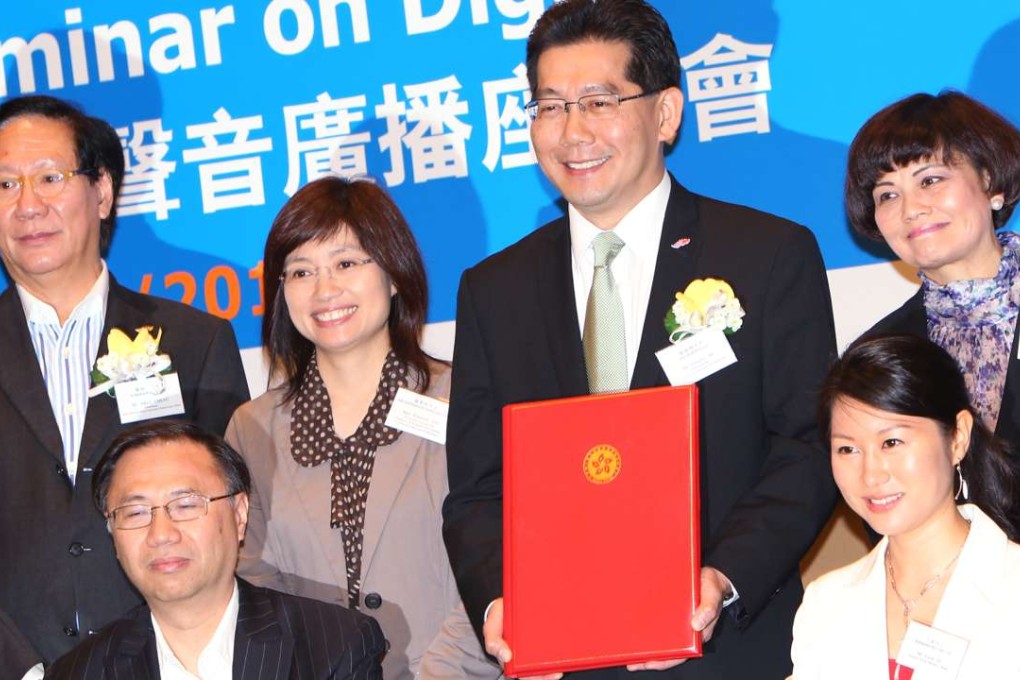End of digital radio is a chance for RTHK to better serve ethnic minorities
John Patkin says the imminent scrapping of all its digital audio channels gives RTHK a chance to review its commitment to the non-Cantonese-speaking community

I knew digital audio broadcasting would fail in Hong Kong. Digital radios sold here have been clumsy and costly, and only a couple of mobile phones have dedicated tuning chips. Compared to FM radio, digital receivers are at least five times the price and weight, and their batteries drain quickly. Despite the millions spent on broadcasting equipment, digital reception is more vulnerable to weather, with drop-outs due to mild wind. These factors have eroded radio’s greatest strength – convenience.
Commercial Radio quickly opted out of the government’s push and invested heavily in convenient phone apps, browser add-ons and social media. Metro and Phoenix gave up after realising digital was a waste of money. And now government broadcaster RTHK is calling it quits.
No longer realistic: digital radio in Hong Kong gets the axe because of weak market
As a public broadcaster, RTHK is committed to serving the community and catering to the needs of minorities. Its digital audio broadcasting plan included giving minorities space on one of its digital channels, though this accentuated the digital divide because of the inconvenience of buying new radios and the bureaucratic mechanism for approving programmes made by community groups.
A channel for minorities is needed to communicate with non-ethnic-Chinese groups and provide a convenient public forum
Since RTHK is scrapping digital audio, it should also review its allocation of resources and commitment to minorities. Public broadcasters in the UK, Australia and Europe have conveniently accessible minority channels. RTHK Radio 4 should be morphed into an app and its frequencies allocated to a new station to serve minorities. Radio 4 provides an excellent and meaningful service, but it is a luxury rather than a necessity. A channel for minorities is needed to communicate with non-ethnic-Chinese groups and provide a convenient public forum. The majority Cantonese-speaking population is spoilt for choice with at least six radio channels and several free-to-air TV stations. FM is the best medium as receivers are cheap, portable, and do not require an internet connection.
We can’t compete with FM radio, admits DBC as it seeks to return digital licence
John Patkin is a research assistant at the Education University of Hong Kong. He has previously worked for various media organisations including RTHK